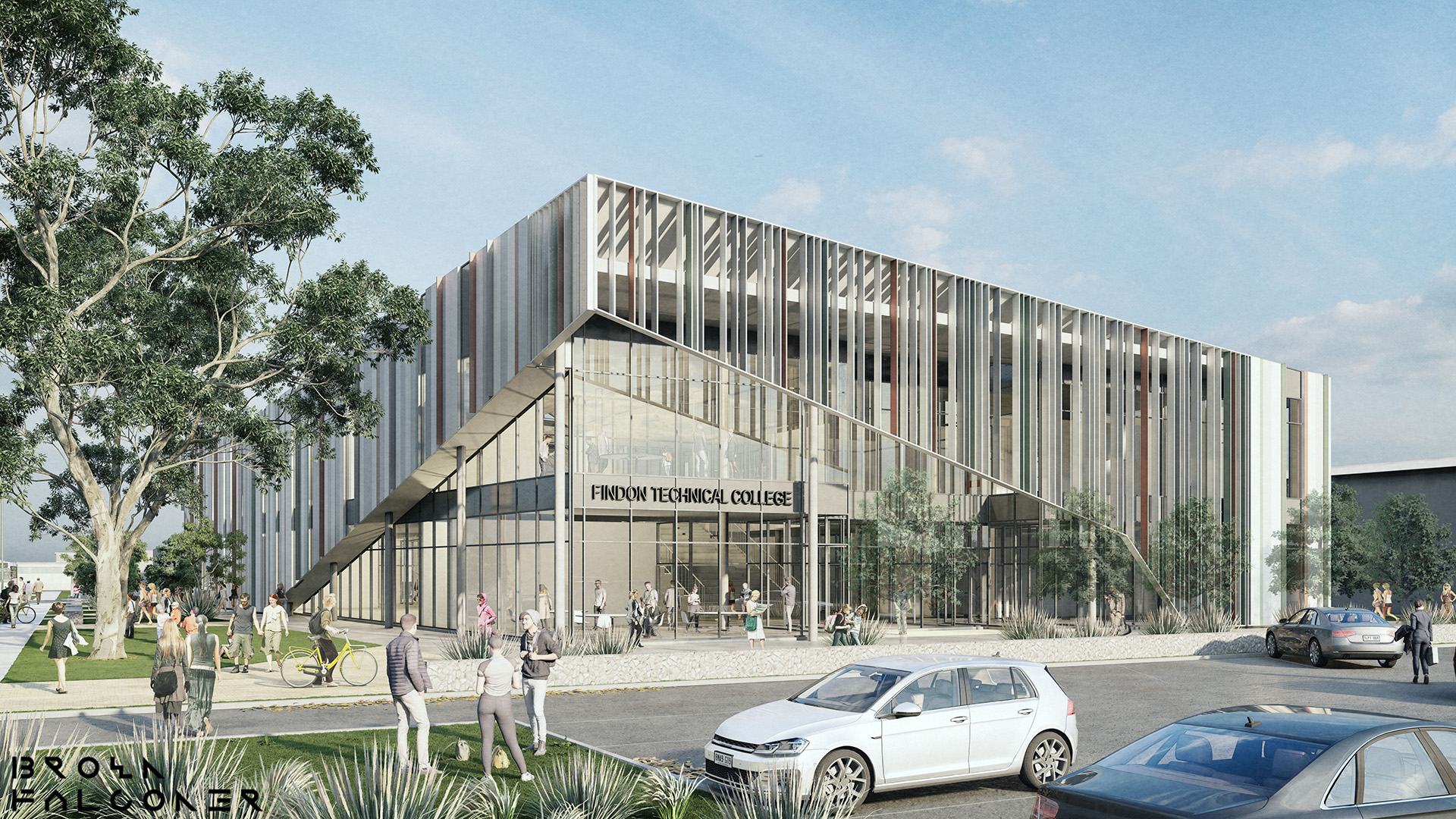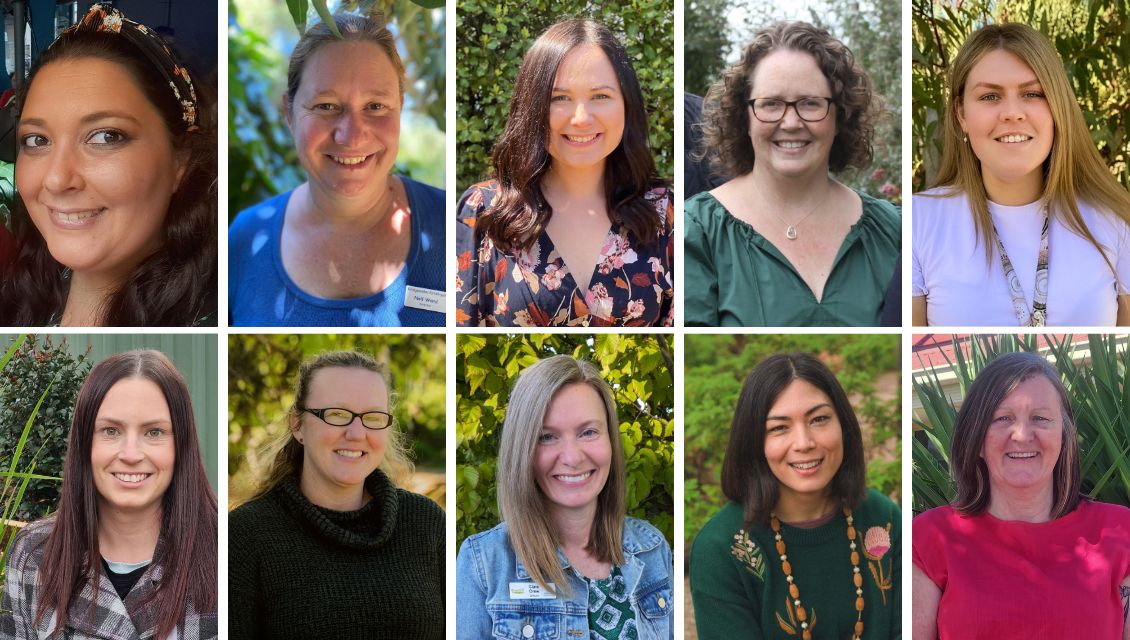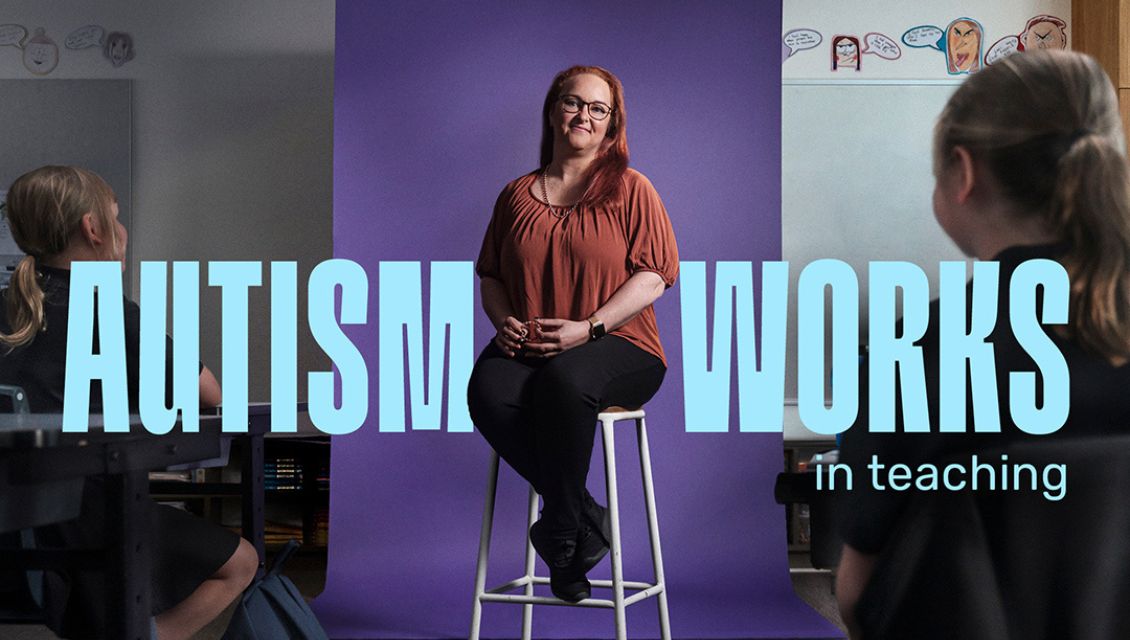
Tech giants need to do better when it comes to protecting the safety of our children - that was the overwhelming consensus among experts and attendees of the nation's first Social Media Summit.
Day two of the groundbreaking summit - jointly hosted by the state governments of SA and NSW and held in Sydney and Adelaide - featured a line-up of speakers that included leading psychologists, the head of ASIO, a former High Court chief justice and two state premiers.
But it was the personal story of a grieving father determined that something good must come out of the death of his only son that moved many in the 550-strong audience to tears.
Wayne Holdsworth lost son Mac, 17, on October 24 last year after an online predator tricked Mac into sending a compromising picture of himself via the internet.
The 45-year-old offender, who was posing as teenaged woman, then blackmailed Mac by threatening to send the image to his social media friends.
Mac paid the initial demand, but the man – who was jailed for six months for his crime – made further demands and eventually published the picture online.
Mr Holdsworth said his son – who was a bright, connected, sporty teenager – became increasingly withdrawn after the incident before eventually taking his life.
Addressing the Adelaide Convention Centre audience, he said he felt there were three paths he could have gone down after losing his boy.
“The first was to take my own life … the second was to live a life of grief and sorrow and blame,” he said.
“The third thing was to use Mac’s death as a catalyst to do more, and that is what I am going to do until I meet Mac in heaven.”
Mr Holdsworth (pictured with Mac) founded a charity called SmackTalk (external site), (external site) through which he speaks to corporate, school and sporting groups to warn them of the dangers young people faced when using social media.
“I simply do not want another parent to go through what I did because it is soul and heart destroying,” he said.
The 65-year-old sports administrator and former first-class cricketer took the opportunity to launch a concept called Unplug24 at the summit, a national day which where he encouraged all Australians to disconnect from all social media for 24 hours on October 24 – the anniversary of Mac’s death.
“I urge every Australian to unplug … to show the tech giants that we are in control of social media and that they are not in charge of us,” Mr Holdsworth said.
ASIO chief Mike Burgess told the audience of his agency's growing concern that more and more young Australians were being radicalised through social media channels.
“Social media is both a gold mine and a cesspit,” Mr Burgess said.
“Simultaneously, social and antisocial. It creates communities and divides them.
“Based on what I see at ASIO, the internet is the world’s most potent incubator of extremism, and social media is the world’s most potent accelerator of that extremism.”
Mr Burgess said that Australia’s security environment was “complex, challenging and changing” and that since 2022 ASIO had assessed that espionage and foreign interference were the country’s principal concerns, and that this year politically motivated violence was added to the list.
“Social media allows extremist ideologies, conspiracy, mis- and dis-information to be shared at unprecedented scale and speed,” Mr Burgess said.
He gave an example of young people being able to easily access incel material – which often encourages violent misogyny – on a popular social media app.
“Incels have committed terror attacks overseas,” Mr Burgess said.
“According to research, if a user spends just 10 minutes looking at incel material the algorithms ends up recommending more and more violent, misogynistic material and posts glorifying incel terrorists.
“Not everyone viewing extremist material will be radicalised … but a combination of factors make young people particularly more vulnerable.
“Adolescents … often are seeking an identity and a community, especially if they are socially isolated.”
Mr Burgess said that during Covid, when more young people were spending more time online, teenagers represented around 50 per cent of ASIO’s counterterrorism caseload.
“Thankfully those numbers fell after Covid restrictions were lifted, but unfortunately we are now seeing a disturbing resurgence," he said.
"Today around 20 per cent of our priority counterterrorism cases involve minors, and all of Australia’s most recent cases of alleged terrorism or events that are still being investigated … were allegedly perpetrated by young people – the oldest being 21, the youngest 14.
"The internet was a factor in every single one of those incidents, albeit to different degrees and in different ways.”
Two panels made up of educators, mental health practitioners, effected parents and others examined how access to social media could be controlled through both regulation and better education, before a panel of young people made up of current and former The Advertiser Teen Parliament members addressed the crowd on their own lived experiences with social media.
“I was bullied from the age of 11 on social media … I kept it to myself and kept it private,” Denzel James said.
Denzel said he believed better access to mental health services for young people would be a positive step in combatting the potential harm of social media.
University student India Ciura backed the sentiment.
“I was also bullied as a child through online platforms, and I also went to therapy which I found incredibly helpful,” she said.
“I think we really need to focus on providing mental health support to this generation.”
Chloe Wyatt-Jasper, who told of the sexual harassment she received online, said she believed a form of social media that was monitored and moderated by adults but still allowed young people to keep in touch with friends and classmates could be the way forward.
And for Brendan Talbot, the solution was simple – put down the phone and go fishing.
Brendan has set up an initiative called YOUthFISH which he hopes will encourage young people to take up angling.
“We’re often told to spend less time on our phones, but we’re rarely given alternatives,” he said.
“Having something healthy to do where you disconnect and get outdoors with your mates is a great thing. It doesn’t have to fishing, it’s about finding your passion and doing something where you’re not on your phone.”
Are you struggling or do you know someone who is? Help is always available through the following resources:
Beyond Blue (external site): 1300 22 46 36
LifeLine (external site): 13 11 14
Kids Helpline (external site): 1800 55 1800
SA mental health services register (external site)







